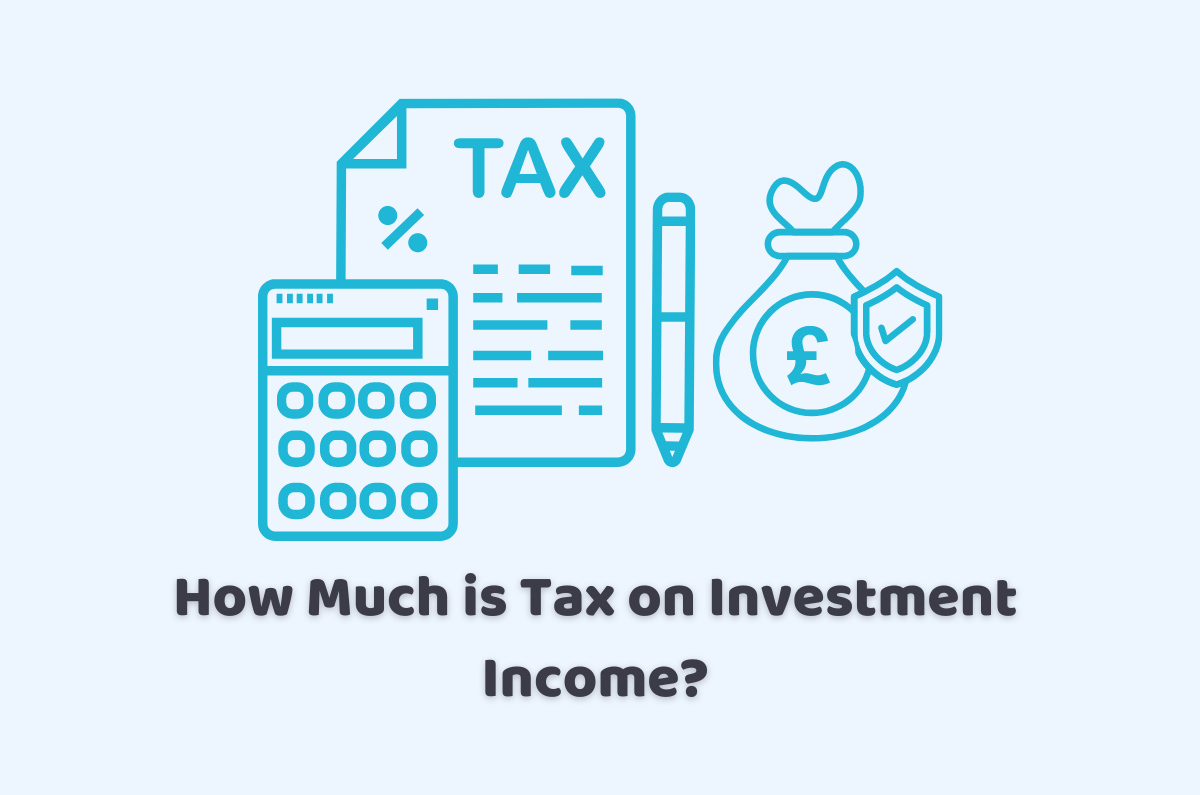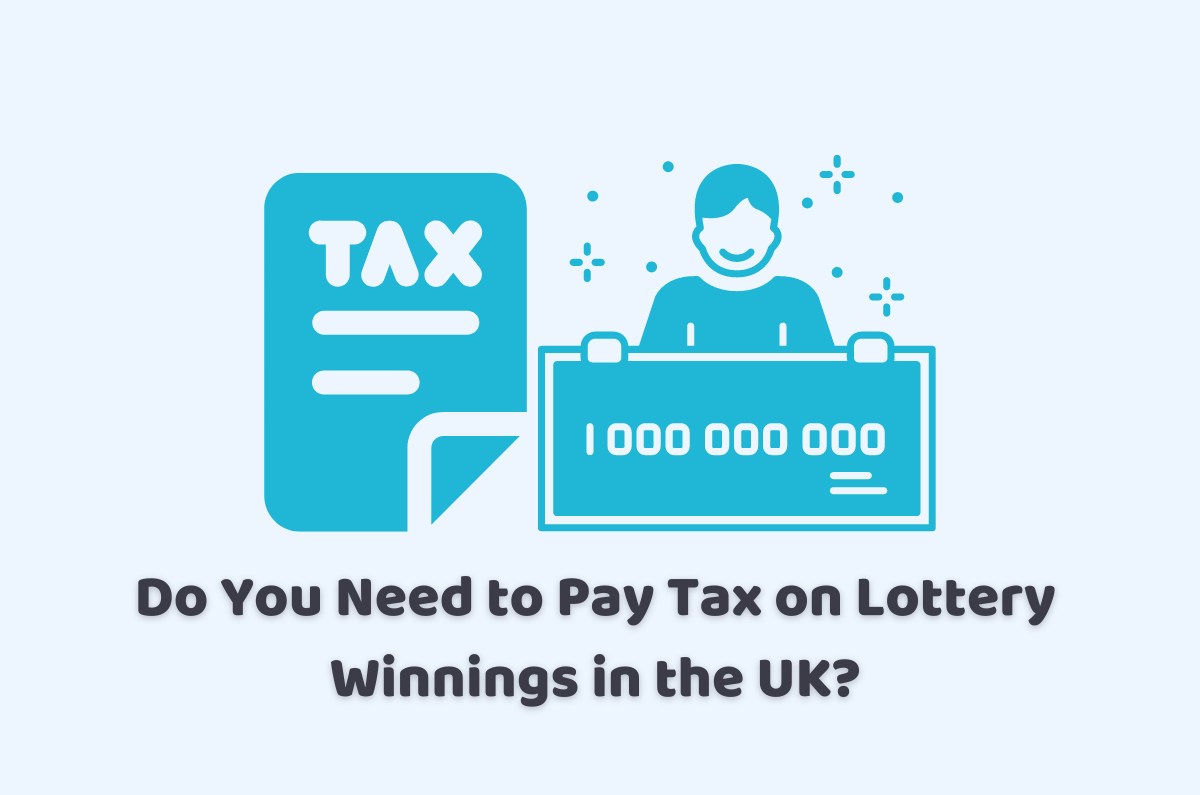
09/04/2024tax , Tax Issues , Tax News and Tips , Tax Saving Tips
Wondering about what is the tax on investment income? In the UK, there are two main types of taxes that an investor has to consider, income tax on investment income and capital gains tax. Let’s take a look at what each type of tax consists of, and how they affect investors in the UK. Income tax applies to a wide variety of investment income types, such as:
- Dividend income
- Interest income
- Rental income
- Foreign income
Meanwhile, capital gains tax only applies when an asset is sold for a profit. Common asset types that are subject to capital gains include:
- Shares
- Stocks
- Mutual funds
- Investments in real estate funds
- Investments in alternative investments such as art or fine wines
For more information on how these taxes work and the tax rates that apply, you can refer to the official HMRC page on investment taxation.
Talk to our best accountants and bookkeepers in the UK at CruseBurke. You will get instant help with tax on investment income in the UK.
What is the Tax on Investment Income?
Taxes on investment income are usually subject to capital gains tax and tax deferral. Let’s take a look at how it works:
1. Capital gain: Capital gain is the amount by which the value of an investment has increased between the time of purchase and sale.
2. Taxation: Tax on investment income is calculated as a percentage of the net gain and taxed at a rate that may vary depending on personal circumstances.
3. Tax deferral: Tax deferral allows an investor to delay tax payments on a capital gain until it is realised, usually by selling the asset. When considering investment income, tax deferral may be a useful strategy for lowering the tax obligation on earnings. Tax deferral works by delaying the payment of capital gain tax until the asset is sold. This allows investors to take advantage of potential tax savings while providing flexibility in taxation and investment strategies.
4. Tax deferral benefits: Tax deferral may be beneficial for several reasons, such as:
- Opportunity to realise a gain without paying taxes on it immediately
- Delay in paying taxes until a more tax-friendly period
- Opportunity to avoid market volatility
What Tax Do I Pay on Investment Income?
The UK tax system is quite complex, so the taxes you pay on investment income will depend on many factors like your personal income. Also, the type of investment, how long you’ve held the investment, and any applicable exemptions or deductions. Here are some taxes you may have to pay on investment income in the UK:
- Capital gains tax: This is a tax on the profits you make when you sell an investment for a gain. The rate of capital gains tax depends on several factors.
- Income tax: Investors may have to pay income tax on any non-exempt dividends or interest received from investments.
Here are some additional details about taxes on investment income in the UK:
- Tax rates: The tax rates for capital gains and income tax in the UK are progressive and will change depending on your income and investments. The tax office HMRC is responsible for setting and updating tax rates.
- Tax allowances: Several allowances can help reduce the amount of tax you have to pay on investment income. These include tax-free personal allowance and tax-free savings allowance.
- Tax exemptions: Certain types of investment income are exempt from tax in the UK. Such as profits from selling a primary residence.
How Much is Tax on Investment Income?
The UK tax on investment income is a progressive rate and depends on several factors. Here are some examples to explain it:
- Investing in fixed-income security: Interest earned from a fixed-income security is considered ordinary income for tax purposes. The interest income is taxed at an income tax rate of 19% (basic rate) or 40% (highest rate) depending on your income.
- Investing in a non-dividend-producing mutual fund: Mutual funds are non-dividend-producing investments and the profits must be included as capital gains when the investment is sold.
- Investing in a dividend-producing fund or asset: With a dividend-producing fund or asset, there are two components of income. The first is the dividend income, which is taxed at a basic rate of 19%. The second component is the capital gain, which is taxed at a higher rate of 40% for basic-rate taxpayers.
- Investing in a real estate fund: Real estate investment funds are typically classified as a type of equity and are taxed similarly to shares of stock. The total return from a real estate fund consists of dividends and capital gains to which different tax rates apply.
When Do I Pay Tax on Investment Income?
In the UK, the tax due on investment income is typically paid on the 31st of January following the end of the tax year.
The UK tax year typically runs from 6th April to 5th April the following year. So if you receive investment income during this time, your tax is due by the end of January the following year. It’s worth noting that these dates may change depending on specific circumstances, so it’s best to check with HMRC for the current deadline.
As a UK resident, you are required to declare your investment income on your tax return. This is typically done on a self-assessment tax return and should be filed by the end of January following the end of the tax year. It’s essential to check the actual deadline with HMRC to stay compliant and avoid penalties.
For investments like ETFs and stocks, you are generally required to report your gains when you sell the assets. Any dividends or interest received throughout the tax year are also taxable and should be declared. Any losses can also be reported to offset your tax bill.
Does the Tax on Savings Work the Same as the Tax on Investments?
The UK has a comprehensive tax system that is designed to effectively raise revenue for public spending. When it comes to savings and investments, there are similarities and differences in how they are treated for tax purposes. Savings accounts are typically taxed under the UK Savings Tax System, which applies to tax-free interest from savings and investment accounts.
However, certain types of investments, such as equities and shares, are typically taxed under the UK Income Tax System. Which applies to income from investments. It’s essential to understand the difference between the two and how they’re taxed to stay compliant with HMRC regulations.
The UK Savings Tax System allows taxpayers to earn interest on their capital up to a certain tax-free allowance. The tax-free allowance has a different value depending on the type of account and individual circumstances. It’s important to note the following exceptions when it comes to the UK Savings Tax System:
- The tax-free allowance for savings does not apply to ISAs or cash investments made in retirement schemes.
- Interest income from bank accounts is taxable and must be reported to HMRC.
- Dividends received from shares are taxable under the UK Income Tax System.
The Bottom Line
In conclusion of the discussion on tax on investment income, we can say that investing in the UK may come with tax liabilities. Proper tax planning and keeping up-to-date on tax laws and regulations are essential for staying tax-compliant and reaping the benefits of investing. Having a reliable accountant or financial advisor to manage your investments can be a valuable tool both for tax compliance and overall wealth management.
With their help, you can minimise taxes, increase profits, and make wise investment choices. Staying organised and staying up-to-date on tax laws will ensure your investments work for you financially instead of against you. So it is crucial to understand your tax obligations.
Are you seeking professional help to know about tax on investment income? Why not get help from the experts at the CruseBurke? Talk to us now and we will get back to you instantly.
Disclaimer: All the information provided in this article on tax on investment income includes all the texts and graphics. It does not intend to disregard any of the professional advice.


